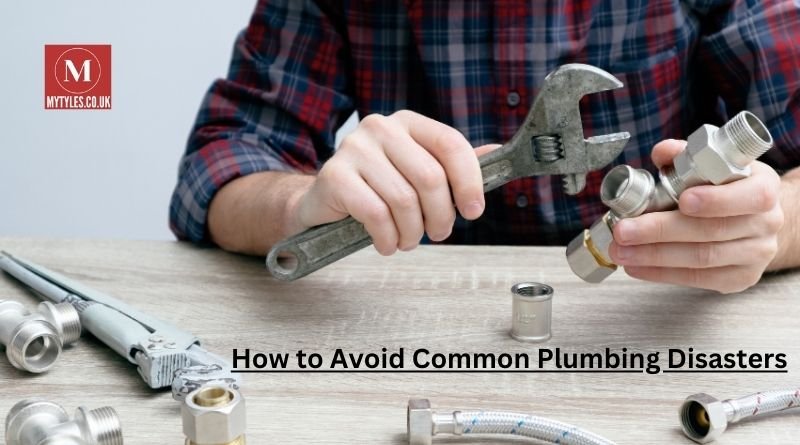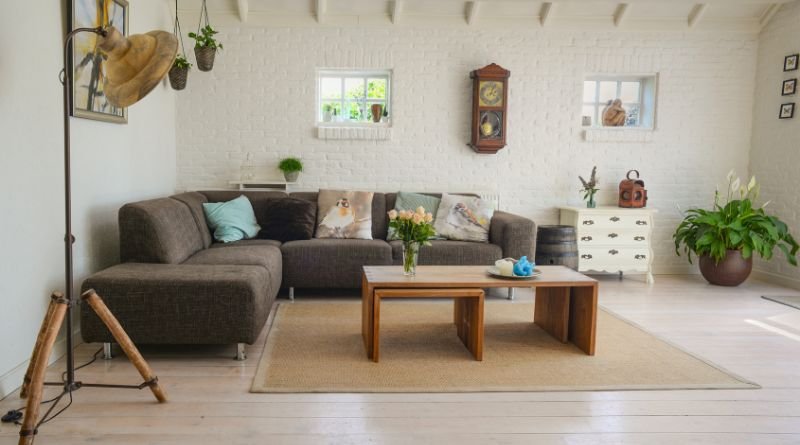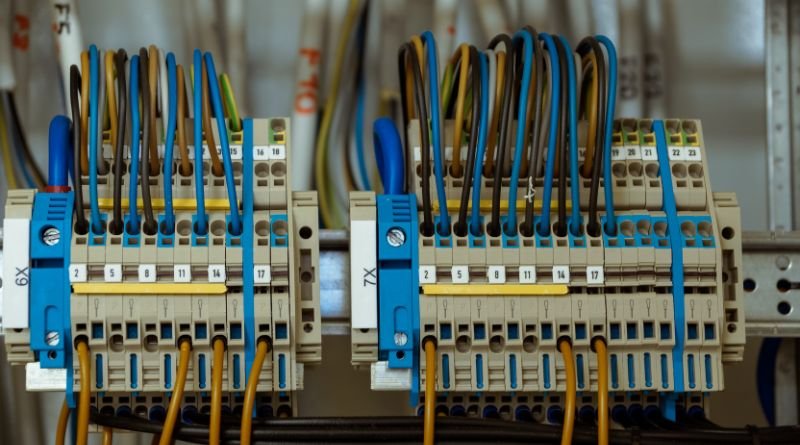Plumbing is an integral part of any home or business, yet it is often taken for granted until something goes wrong. From minor leaks to full-blown floods, plumbing disasters can be costly and disruptive. Understanding how to prevent these mishaps can save you time, money, and stress. This guide delves into practical steps and tips to help you avoid common plumbing disasters, ensuring a smooth-running plumbing system.
Understanding the Causes of Plumbing Disasters
Before diving into preventive measures, it’s essential to understand what typically causes plumbing issues. Common culprits include:
- Aging Pipes: Over time, pipes can corrode, weaken, and eventually burst.
- Clogs: Accumulated debris like hair, grease, or foreign objects can obstruct water flow.
- Poor Installation: Shoddy workmanship or DIY errors can lead to leaks and inefficiencies.
- Freezing Temperatures: Cold weather can cause water in pipes to freeze and expand, resulting in cracks or bursts.
- High Water Pressure: Excessive water pressure can strain pipes and fixtures, leading to leaks.
Understanding these factors equips you with the knowledge to proactively address potential risks.
Regular Maintenance: The Key to Prevention
One of the most effective ways to avoid plumbing disasters is through routine maintenance. Here’s how to stay on top of your plumbing system:
1. Inspect Your Plumbing System Regularly
Check for visible signs of leaks, corrosion, or wear and tear. Pay attention to:
- Water stains on walls or ceilings.
- Damp or moldy areas under sinks.
- Dripping faucets or running toilets.
2. Schedule Professional Inspections
Hiring a licensed plumber for an annual check-up can uncover hidden issues. Professionals have the tools and expertise to detect problems early, preventing costly repairs later.
3. Clean Drains Frequently
Use drain strainers to catch debris and clean them regularly. Avoid using chemical drain cleaners, which can damage pipes over time. Instead, opt for natural solutions like baking soda and vinegar.
4. Monitor Water Pressure
Install a water pressure gauge to ensure levels stay between 40-60 psi. If pressure is too high, a plumber can install a pressure-reducing valve.
Seasonal Tips to Avoid Plumbing Disasters
Different seasons bring unique challenges for your plumbing system. Here’s how to adapt:
Winter: Protect Pipes from Freezing
- Insulate Exposed Pipes: Wrap pipes in foam insulation or heating tape, especially in unheated areas.
- Drip Faucets: Allow a trickle of water to flow during freezing weather to prevent pipes from bursting.
- Seal Gaps: Close any gaps in walls or floors where cold air might reach pipes.
Summer: Combat Clogs and Overuse
- Dispose of Grease Properly: Avoid pouring grease or oils down the drain, as they can solidify and cause clogs.
- Check Sprinkler Systems: Ensure outdoor sprinklers are free of leaks and functioning correctly.
Fall: Prepare for Heavy Rainfall
- Clean Gutters and Downspouts: Prevent blockages that could lead to water pooling and plumbing backups.
- Inspect Sump Pumps: Ensure your sump pump is in good working condition to handle excess water.
Avoiding DIY Mistakes
While DIY fixes can be tempting, they often lead to more significant issues if not done correctly. Here are common mistakes to avoid:
1. Overtightening Fittings
Overtightening pipe fittings or fixtures can cause cracks or leaks. Use just enough force to secure connections.
2. Ignoring Proper Tools
Using the wrong tools can damage pipes and fittings. Invest in essential plumbing tools or consult a professional.
3. Misusing Teflon Tape
When wrapping threads with Teflon tape, ensure it’s applied correctly (clockwise) to prevent leaks.
4. Skipping Shut-Off Valves
Always turn off water supply valves before attempting repairs. This simple step can prevent flooding in case of mistakes.
Knowing When to Call a Professional
Certain plumbing issues require immediate professional intervention to avoid disasters:
- Persistent Leaks: If a leak persists despite your efforts, call a plumber to address the root cause.
- Sewage Backups: This serious issue poses health risks and requires specialized equipment to fix.
- No Water: A lack of water could indicate a significant plumbing or municipal issue.
- Burst Pipes: Shut off the main water supply and call a plumber immediately.
Investing in Quality Fixtures and Materials
Low-quality fixtures and materials are prone to failure. Here’s how to make smart investments:
- Choose Durable Pipes: Opt for materials like copper, PEX, or PVC, known for their longevity.
- Install High-Quality Fixtures: Faucets, showerheads, and valves from reputable brands often come with better warranties and reliability.
- Upgrade Old Systems: Replace outdated plumbing systems to meet modern standards and efficiency.
Emergency Preparedness
Even with preventive measures, emergencies can occur. Being prepared minimizes damage:
1. Know Your Main Water Shut-Off Valve
Locate your home’s main water shut-off valve and ensure all household members know how to use it.
2. Keep Emergency Tools Handy
Stock a toolkit with essentials like a plunger, pipe wrench, and plumbing tape.
3. Have a Trusted Plumber on Speed Dial
Research and save the contact details of a reliable plumber for emergencies.
The Environmental Perspective
Sustainable plumbing practices not only prevent disasters but also reduce environmental impact:
- Fix Leaks Promptly: Even a small leak can waste gallons of water daily.
- Install Water-Saving Fixtures: Low-flow toilets and showerheads conserve water without compromising performance.
- Harvest Rainwater: Collect rainwater for outdoor use to reduce strain on your plumbing system.
Conclusion
Preventing plumbing disasters requires a combination of vigilance, regular maintenance, and timely professional assistance. By understanding the common causes of plumbing issues and taking proactive steps, you can safeguard your home against costly repairs and disruptions. Whether it’s insulating pipes in winter or investing in high-quality fixtures, every effort contributes to a more efficient and reliable plumbing system. Embrace these practices to enjoy peace of mind and a disaster-free plumbing experience.
Read also:




